A pedagogical tool for visualising bias in reading lists/curriculum, and a practical tool for opening discussion on authorship of texts/production of knowledge.
Resources required:
- Focus group participants/students within class setting.
- Colleagues to co-deliver critical literacy.
Available evidence of impact:
- Behavioural changes/raised awareness in focus group participants.
- Quotes “For me I would like to go and research female BME background authors in my subject. Because I am quite astonished that I don’t know any authors from that background”.
- Changes in reading list content.
Links to available resources:
- Stockdale, Kelly and Sweeney, Rowan (2019) Exploring the criminology curriculum. Papers from the British Criminology Conference, 19. pp. 84-105. ISSN 1759-0043
- Decolonising work and the staff /student experience – utilising the ‘inclusivity matrix’ as a way to visualise and reflect on module reading lists.
- Exploring the Criminology Curriculum – Using the Intersectionality Matrix as a Pedagogical Tool to Develop Students’ Critical Information Literacy Skills (tandfonline.com)
Implementation and potential challenges:
- Universities can use the case study of setting up focus groups to examine bias in subject of choice.
- Collaborate with library services in co-delivery and co-design.
- How could a practical critical literacy element be incorporated in existing curriculum sessions.
- Limitations of identity labels – acknowledge and set terms in context for broader discussion.
How to Use:
- Upskilling in critical literacy for academic staff involved.
- Use focus group methodology and counter story reflective narratives, as well as reading list analysis, to decolonise curricula.
- Consideration of intersectionality integral.




